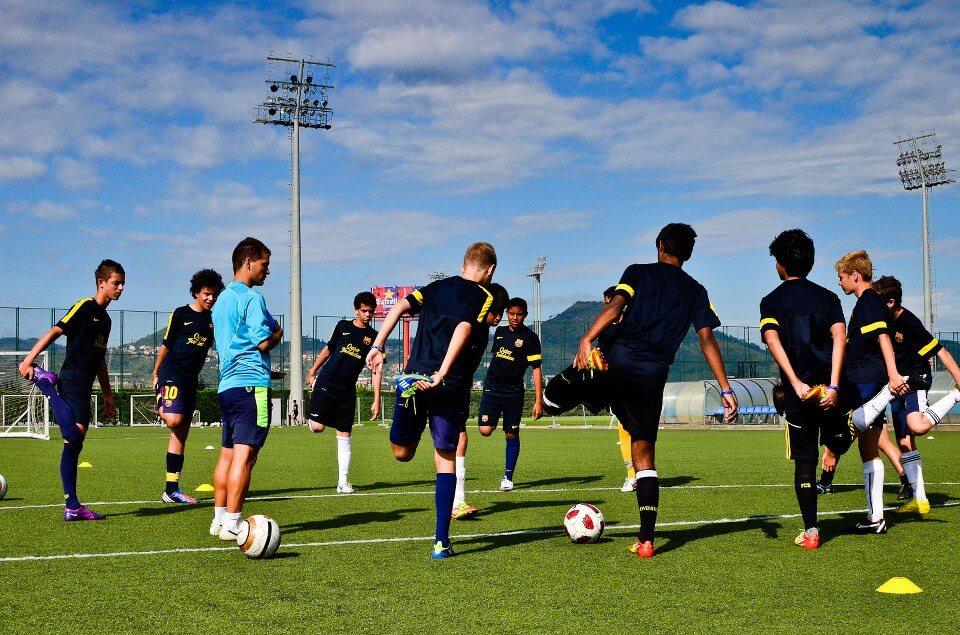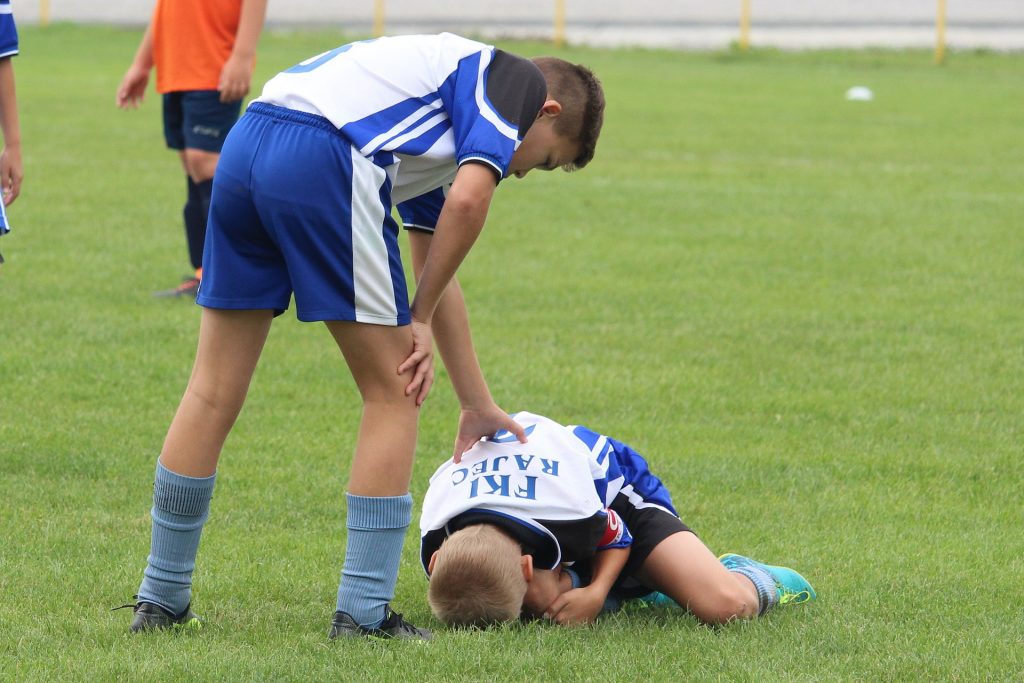During any standard game, there will be 11 players on each team, all with different ambitions, personalities and characters. Regardless, each team plays with one goal in mind, to win the game. Ensuring the team stays focused on winning throughout the game is primarily down to one person in the team, the captain.
According to the Laws of the Game, a soccer captain only has two official duties: representing their team in a coin toss to choose what side of the field they start on and in the case of a penalty shootout, to determine which team shoots first. Although captains are defined this simply, they do much more than just choosing heads or tails. The role of the captain requires certain responsibilities and expressions of character that not everyone possesses. These responsibilities are nearly universal for all teams, no matter what level.
Competence

Firstly, a captain is almost always seen, more or less, as the best player in their position within the team. Very rarely any soccer team has a captain who is consistently on the substitute’s bench, as they are expected to provide leadership during games, therefore a captain has to be one who plays regularly. It is common to see captains lose their armband when the coach deems them no longer good enough to be starting and or leading the team in games.
Personal Discipline

A quality captain is an embodiment of the team’s ethics, both on and off the field. Playing a very physically demanding sport, like soccer, requires dedication and diligence to training routines, while still taking proper care of oneself. Punctuality to training, pushing oneself to the limit, following prescribed diets and acting in an all-round responsible way are all features of players who are fit to become team captains. Every successful team is built on high levels of discipline, but no player could enforce that without first being disciplined themself.
Effective Communication

Regarding game strategies and team tactics, the team coach is the ultimate source of instruction and direction, however during the heat of games, a team benefits from a captain that communicates effectively. Whether the team is playing well or having problems, it is common for the captain to frequently supply feedback to their teammates. This does not have to involve scolding, as that would be ineffective. To be effective, everything the captain says to teammates would have the intent and effect of making the team better, more productive and ultimately to help the team win the game. Being an effective communicator does not mean saying a lot very often, but it means to be short and concise to where your message may be easily understood.
Trustworthiness

One way to tell if a player would be a good captain is to observe how comfortable and confident their teammates are in passing the ball to them. This expresses their teammates’ trust in them to make the right decisions when they have the ball. A good candidate for captaincy is one who can be trusted to fairly represent the entire team. Additionally, they put the interest of the team above any personal issues that they may have with other individuals. When needed, they will speak publicly in a way that boosts morale, rather than declining team spirit and solidarity. A captain never creates suggestive narratives nor team divisions, instead they project an image of a united, collaborative team.
Mental Strength
Every sports team faces difficult times. During periods of undesirable results, there will be low moments where nothing seems to work well for the team. Throughout such periods is where the best qualities of team captains shine through, revealing their mental strength. Players who make good captains will never give up when things are going wrong. Instead, they stick to the coach’s plan, tackle the challenge head on, lead by example, encourage their teammates and help navigate the team through tough times. It is even common for a team’s poor form to come after mistakes by the captain themself. In these cases, a quality captain will leave mistakes behind and move forward, leading the team to continue to work and improve.



